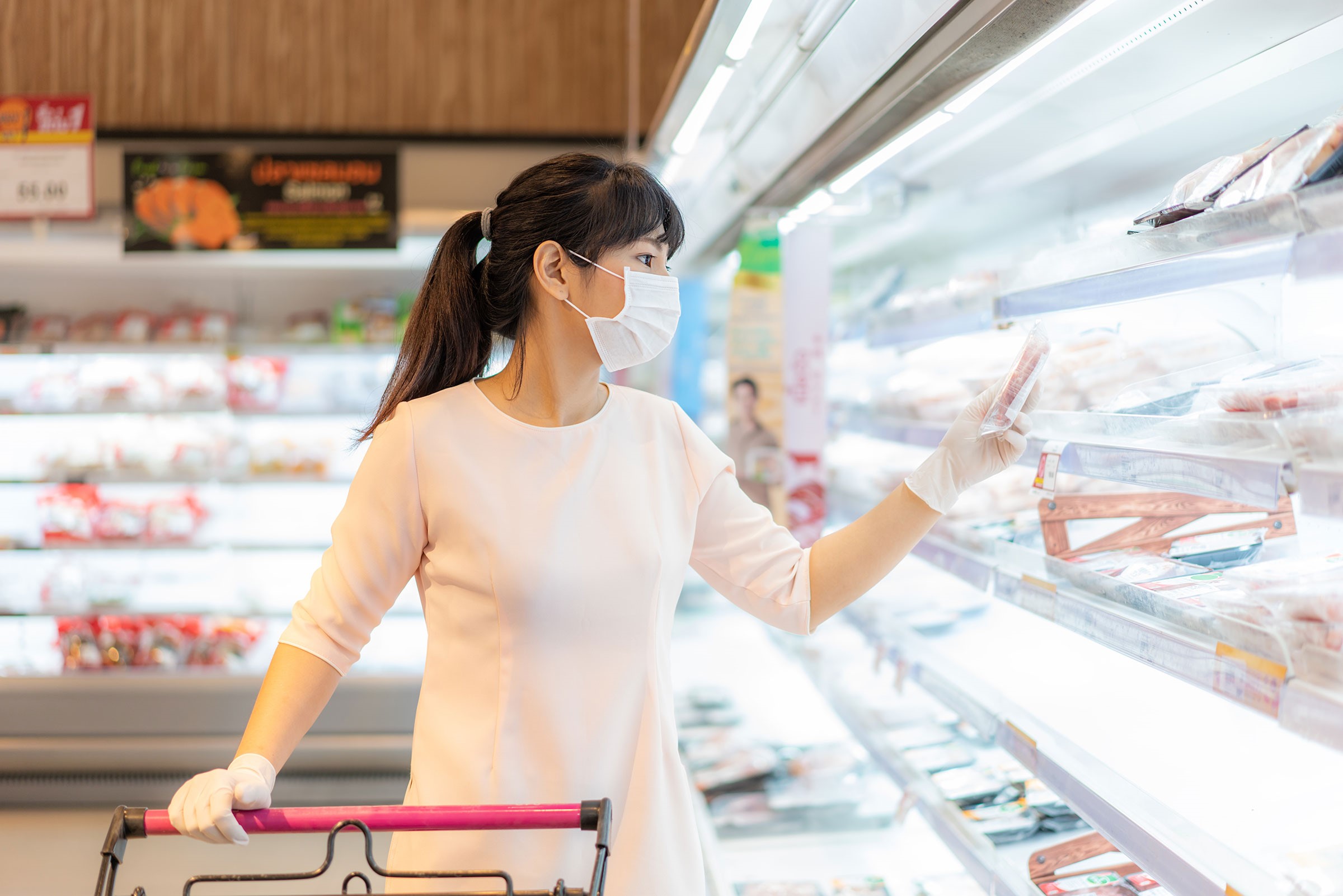“The initial stockpiling stage that led to empty shelves seems to be behind us. Consumers have adapted to new shopping routines and added frozen and processed food stocks to their fridges and pantries. Poultry processors and retailers keep running and make more food available for consumers. On the production side, there are no signals of a major disruption in the production chain other than isolated cases,” says the Rabobank report.
“We notice more at-home poultry consumption and higher sales of non-perishable poultry products. However, labor availability and logistics issues will likely affect supply in the coming months,” says Nan-Dirk Mulder.
Volatility
Global poultry trade will face quite some volatility this year. The widespread closure of restaurants, schools, events and conferences has minimized food service activity, while retail stores are experiencing high demand as consumers stockpile non-perishable food for at-home dining.
Corona virus-related issues will keep causing shocks in supply and demand, driven by quarantine and logistics issues. Some poultry processing plants may even close down or cut down production due to country lockdowns, travel restrictions, quarantines or lack of business. Others are doing everything to keep their workers safe and guarantee production with increased cleaning, increased sanitation, employee screening for signs of illness, practicing social distancing and staggered breaks.
Reallocation of products
As the poultry industry tries to remain productive amid a pandemic, the transition from food service to retail is not as easy as it may seem. Companies throughout the food supply chain worry about this shift. Are there still any supply gaps in the retail channel that can be an opportunity to compensate – at least partially – revenue losses from foodservice? Is it really an opportunity? In the US, cancellation of popular sports events such as March Madness has led to a surplus of foodservice products such as chicken wings and tenders, normally consumed in large numbers during the events. Reallocation of products to the retail market is only partly successful. Every 10% drop in out-of-home food spending results in only an additional 3% in retail food spending, Rabobank estimates. In the US alone, normally 50% of poultry volume goes towards food service.
Considering the growing number of people that have less money to spend as a result of the pandemic, poultry companies may cut back production of pricier, specialty and value-added products and concentrate on more affordable commodity items.
Labor issues
Before the corona crisis, the poultry industry already experienced labor challenges. Labor shortage is still imminent, but now higher employee absenteeism, due to sickness or fear of getting infected, has even worsened that. Poultry processing plants around the world have taken precautions to protect workers from getting sick, but couldn’t avoid increased absenteeism and production slowdowns in many situations. On the other hand, many people are looking for a new job, since a lot of companies, which suffered heavily from the crisis, have dismissed their personnel. They might relieve the poultry industry’s labor shortage.
Marel ensures supply chain
Poultry processors will find Marel at their side to adapt to the corona situation. Marel’s poultry division has succeeded in reducing the impact by the pandemic due to its ability to adapt to supply and demand relatively quickly. While preserving the safety of its employees and partners, Marel proactively managed its supply chain, working with suppliers and partners to ensure business continuity and delivery to customers. Almost immediately, Marel implemented more certainties in the supply chain processes to ensure global and timely availability of spare parts.
Marel’s adaptations
Given today’s travel restrictions, Marel decided to accelerate the expansion of its remote services. Marel’s upgraded remote support environment proves to be very efficient to use for urgently needed process, technical or technological troubleshooting and installations. Installation jobs in Korea, China and Australia have been successfully completed using real-time assistance from Marel experts on the other side of the world.
Marel will go the extra mile to assist customers in adapting the set-up in their poultry processing plants as far as possible to suit the new demands.
In order to resolve labor issues at short term, processors may consider acceleration of their plans to automate manual processes. They will find Marel at their side to integrate smart, automated in-line solutions. Urgent issues in grading, batching, cut-up and deboning processes can be solved either by relatively simple plug & play solutions, which can be expanded step by step, or by a larger-scale full in-line solutions – which will require some more implementation time. Whichever choice a processor makes, Marel will continue its efforts to provide the best support.
